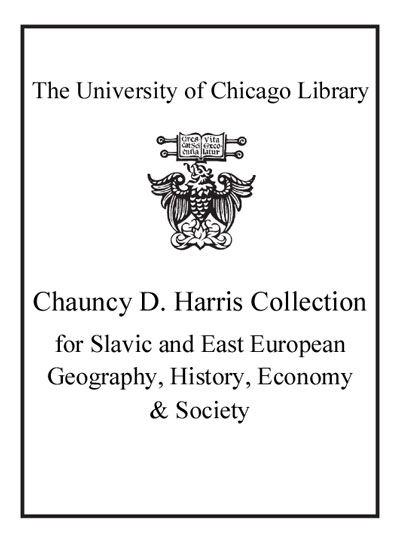Franz Kafka and his Prague contexts : studies in language and literature /
Saved in:
| Author / Creator: | Nekula, Marek, 1965- author. |
|---|---|
| Edition: | First English edition. |
| Imprint: | Prague : Charles University in Prague, Karolinum Press, 2016. ©2016 |
| Description: | 242 pages : illustrations, maps, charts ; 24 cm |
| Language: | English |
| Subject: | |
| Format: | Print Book |
| URL for this record: | http://pi.lib.uchicago.edu/1001/cat/bib/10808353 |
Regenstein, Bookstacks
| Call Number: |
PT2621.A26 Z646813 2016
|
|---|---|
| c.1 | Available Loan period: standard loan Scan and Deliver Request for Pickup Need help? - Ask a Librarian |

